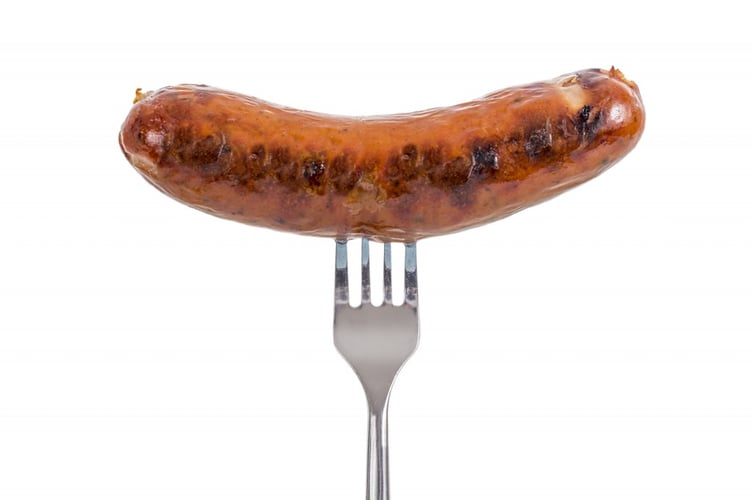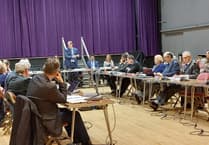I’d like to think Rishi Sunak reads my articles, but I get the impression the prime minister prefers to get his information from spreadsheets rather than the printed word.
You may remember that not long ago I mentioned in this column that local government was becoming increasingly frustrated by his government’s failure to give further guidance on a range of measures that impact upon the delivery of essential public services. Among these was the future of waste collection.
As if in answer to my concerns, the leader of the Conservative Party chose to use the media to specifically address the issue.
A press conference, please note. Not a statement in the House of Commons. Rishi doesn’t like speaking in the Commons, which is why he frequently absents himself from parliamentary questions, leaving his place to be taken by whichever luckless junior minister fails to duck behind a pillar when someone from Number Ten is looking for a volunteer.
The prime minister’s press conference on September 20 gave him the opportunity to row back on a number of commitments that were intended to hasten the UK’s progress toward net zero, the balance between the amount of greenhouse gas that is produced and the amount that’s removed from the atmosphere.
There would be no ‘meat tax’, he announced. This was news to many, as most people were unaware the government had ever proposed there would be. Still, sighs of relief all round.
Finally, a clear indication our sausages are safe from the machinations of the “Guardian-reading, tofu-eating, wokerati”, to quote Suella Braverman.
Sensing he was on a roll, Sunak went on to launch another bombshell. There would be no legislation to force the British public to adopt the burdensome obligation of using seven bins. Except there never was. At no point did the Environment Act he was referring to make this a necessity.
Presumably, the Tory by-election victory in Uxbridge, partially due to voters’ dissatisfaction with the extension of ULEZ to the outer London boroughs, has provided a rich seam for new Tory policy initiatives.
“Let’s ditch the green crap,” as one of his distant predecessors, David Cameron, is reported to have said back in 2015.
Voters in certain former ‘red wall’ constituencies don’t like having to sort through their recycling and eat a lot of sausages, so how can we appeal to this particular demographic? Hence the PM’s statement.
Pure genius and achieving its ends with such economy of effort. That’s the sausage-eating, bin-adverse vote all sewn up.
Not everyone was delighted. Despite the ringing endorsement of such political luminaries as Suella Braverman, Jacob Rees-Mogg and Michael Gove, many of his fellow Conservatives plunged their faces into their hands in despair. The waste recycling industry lost no time in responding to Seven Bins Sunak’s announcement.
John Scanlon, chief executive officer for SUEZ recycling and recovery UK, said: “Scaremongering suggesting all households, regardless of size and location, would be forced to sort their recycling into the same seven bins needed to be countered with leadership and vision.
“Reforms to recycling collections aren’t about bins, they are about simplifying recycling so that wherever you live in the UK, you can recycle the same core set of materials in a way that is appropriate for your local area.
“Most UK households already recycle. It’s about helping them to recycle more and better. In that sense it’s one of the more straightforward changes needed on our net-zero journey.”
There was more pushback in Seven Bins’ policy statement. Delays to the ban on the sale of new petrol and diesel cars and the phasing out of gas boilers were also covered.
But for me, the highlight of his short-sighted, short-term, populist, attention-grabbing policy reversal was the focus on measures that were never there in the first place.
Seven bins and a meat tax. What other non-existent policies will Sunak take aim at next?




